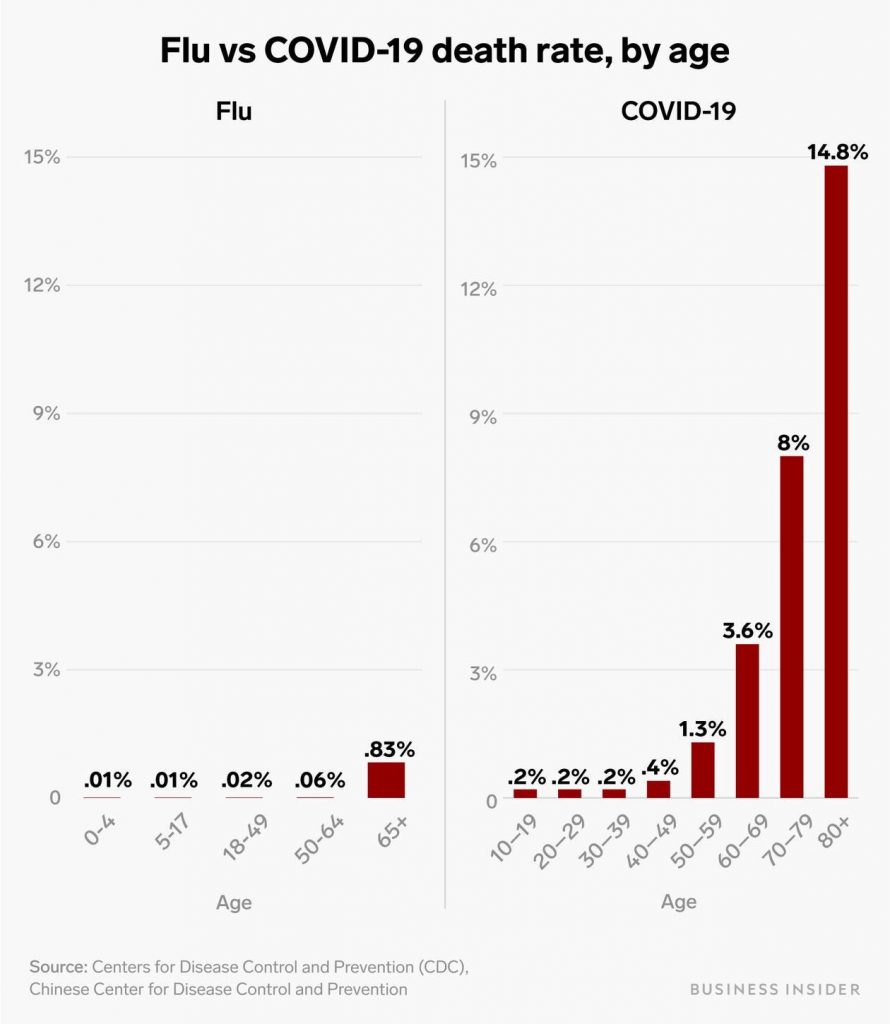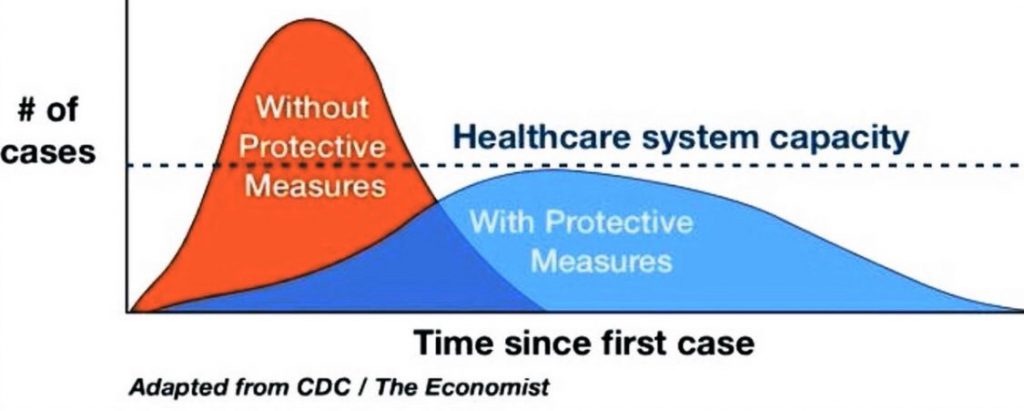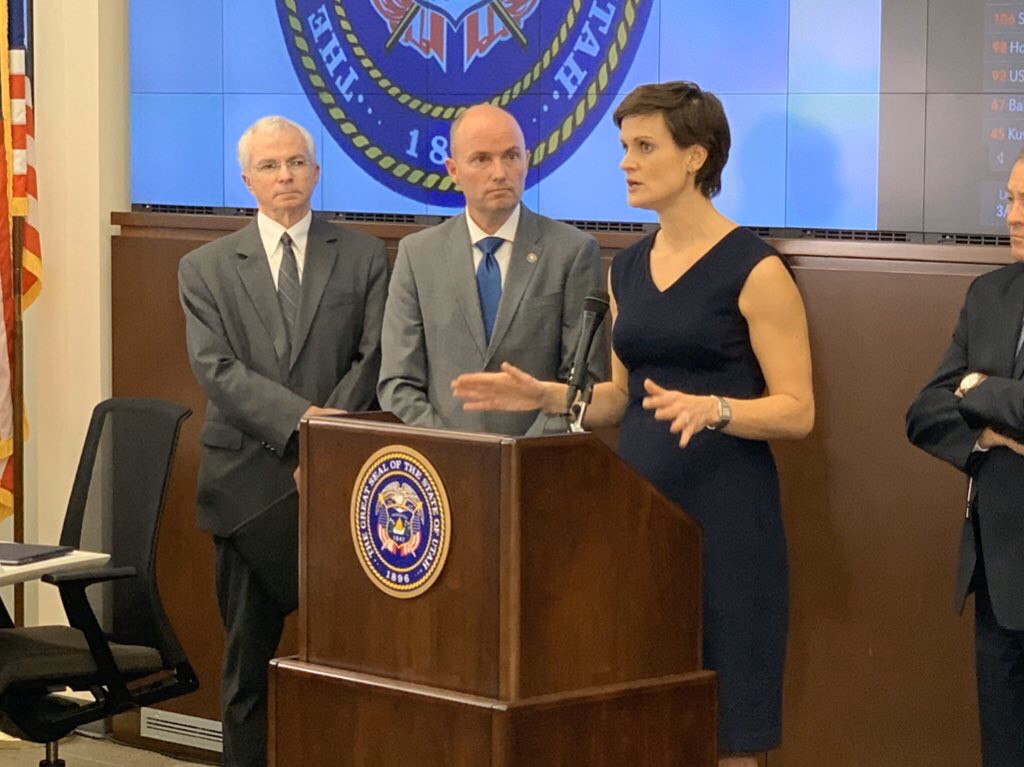Note: The following post was originally published March 7 by Lt. Gov. Spencer Cox on a Twitter thread and then on Medium. This post has been lightly edited to reflect current information to avoid confusion.
Hey friends! Just a few thoughts now that we have confirmed cases of COVID-19 here in Utah (this is adapted from a twitter thread, so may seem a little disjointed). I want to share some of the information that scientists have shared with me about why our personal actions are so important with this pandemic.
Our local/state health departments are working to identify everyone that could have been exposed to the disease. But we recognize that over time, it is likely we will see community spread and the potential for social distancing measures. But why?
Let me start by saying that our state is being guided by scientists — not politicians — on the information sharing and decision-making. (Dr. Angela Dunn, our state epidemiologist and formerly CDC is my right-hand…or I’m her right hand in everything we do and she is amazing!).
First some data. While we still have much to learn, it IS true that most people (80%) contracting COVID-19 will have very minor symptoms…identical to a cold/mild flu. 15% will have more serious symptoms but recover soon. 5% will need more serious hospitalization/care…but…
What we are learning about mortality rates is the key to our response. So far global mortality rates for this disease are significantly higher than the fluamong older adults/immunocompromised:

But don’t panic…we have some really promising news. What we are learning from China and other places is that — when we don’t overwhelm our healthcare system — the mortality rate drops significantly! (Click here to read more). THIS IS THE KEY…and why each of us doing small things could save someone else’s life.
Does that make sense?
If we overwhelm our healthcare facilities with COVID-19, their capacity to care for all patients drops. This impacts not only those infected with this disease but all the other things for which we need medical attention. So we all need to do what we can to slow the spread of the coronavirus.

So yes, all those things we’ve been telling you really do matter! We are still at low risk, but if you have a cough, fever or shortness of breath PLEASE stay home from work/school.
While the vast majority of us have no need to worry and will only experience mild symptoms, to the vulnerable (like my brother and sister who have cystic fibrosis), the threat of this illness can be really scary. You staying home could save their life.
If you have moderate or mild illness that seems like novel coronavirus to you (again, this includes symptoms like a fever, cough, or shortness of breath), just make a simple call to your clinician or public health department to ask about your symptoms. Always use telehealth first!
You can also visit our website coronavirus-stage.at.utah.gov or call the Utah COVID-19 information line to answer your questions: 1–800–456–7707. Most likely you will be told to stay home, self-isolate and recover as you would with a cold.
If you have more serious symptoms and think you have COVID-19, DO NOT arrive at a doctor’s office, emergency room, or urgent care facility without calling ahead. You could potentially infect everyone in the office. They will give thorough instructions on how to proceed.
And if you aren’t sick, what can you do to prepare? Just make sure you have a little extra food and medications in case you have to stay home for a couple weeks. If possible, make a plan with your family and any groups that you lead in case we have school/work closures. We are busy making similar plans for our state.
We hope to never have to implement those plans, but if we do it’s heartening to know that no state is more prepared than Utah! We will work together in our communities, as friends and neighbors, to weather this storm. We always do.
Oh yea, please wash your hands…and stop touching your face!

